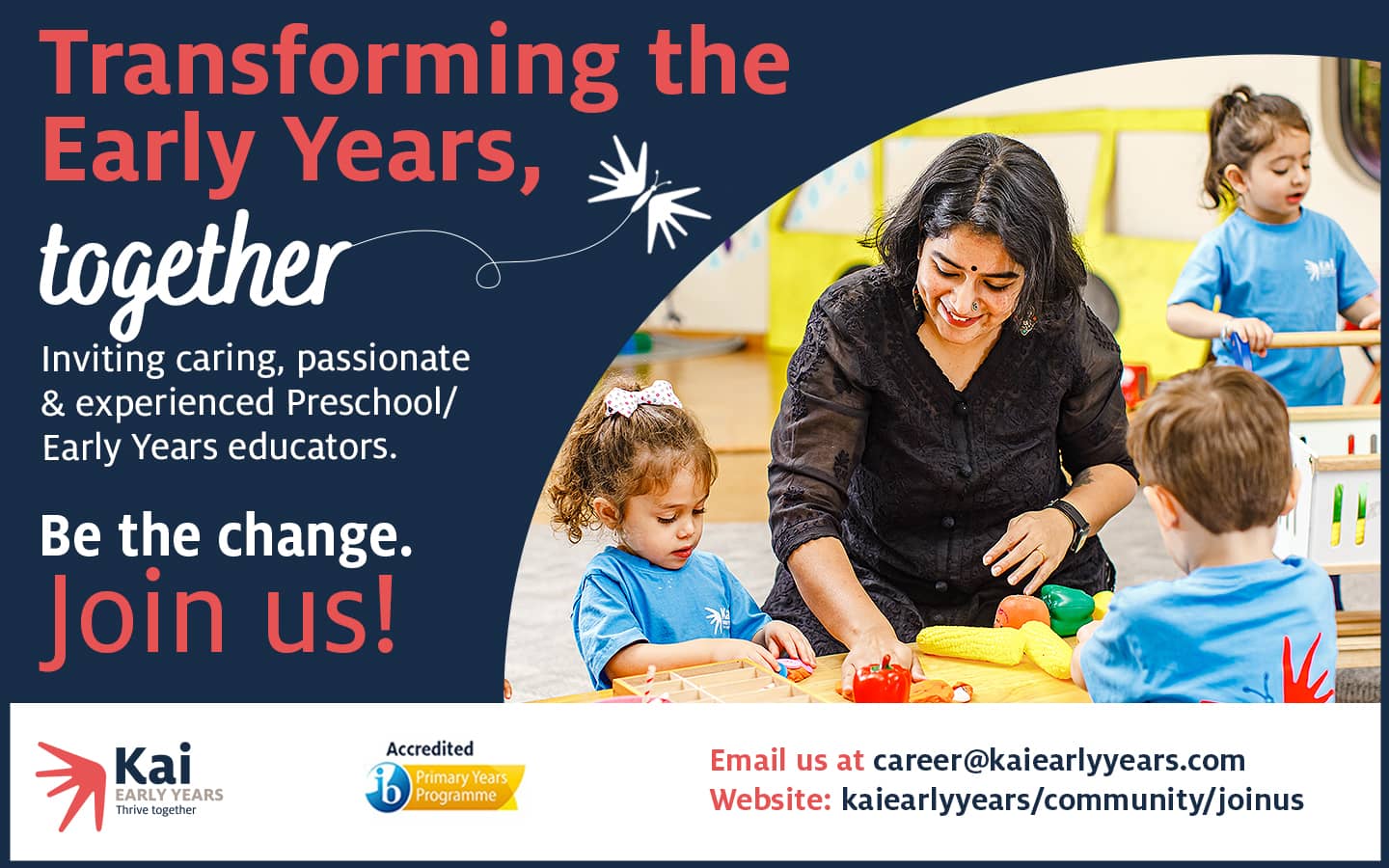Bilingual Babies: The Benefits of Early Exposure to Multiple Languages
In today’s interconnected world, multilingualism is more than just an advantage—it’s necessary. The early years, a period of remarkable brain plasticity and linguistic sensitivity, provide an ideal window for exposing children to multiple languages. For parents searching for an “IB school near me” or a “preschool near me,” fostering bilingualism from the earliest stages can unlock a wealth of cognitive, social, and economic benefits.
The Magic of Early Language Learning
Young children possess a natural ability to absorb languages effortlessly. This process happens subconsciously through play, interaction, songs, and daily conversations. According to research many countries have begun teaching foreign languages to children as young as six, with some introducing it even earlier. This shift underscores the value of early exposure to multiple languages, a move supported by many schools to teach who at least two foreign languages during early childhood.
Cognitive Benefits: Building Sharp Minds
Multilingual children often outperform their monolingual peers in tasks requiring problem-solving, memory, and cognitive flexibility. They learn to switch between languages seamlessly, honing their ability to process and prioritize information. These skills lay the groundwork for enhanced academic performance and a lifelong love of learning.
Social Advantages: Fostering Global Citizens
Children exposed to multiple languages develop empathy and open-mindedness by understanding diverse cultures and perspectives. This cultural awareness encourages acceptance and the ability to form meaningful relationships across cultural boundaries. Bilingual children often grow into adults who are adept at navigating diverse social landscapes with confidence and respect.
Economic Edge: Opportunities Beyond Borders
Fluency in multiple languages broadens career prospects, granting access to roles in global organizations and industries. Bilingual individuals often command higher salaries, as their skills bridge linguistic gaps and drive international collaboration. Early language learning thus serves as an investment in a child’s future, both cognitively and economically.
How Parents and Schools Can Support Multilingualism
Parents play a crucial role in nurturing bilingualism. Creating a language-rich environment at home, enrolling children in immersive programs, and using technology like apps and games can make learning languages enjoyable. Schools, especially those adopting frameworks like the International Baccalaureate (IB), are equally instrumental. They provide structured, play-based, and culturally diverse programs to support multilingual education.
Why Multilingualism Matters for Preschools
If you’re searching for an “IB school near me” or a “preschool near me” that values multilingual education, consider one that emphasizes:
- Cognitive Development: Multilingual programs enhance executive functions like focus, adaptability, and problem-solving.
- Cultural Competence: Early exposure to diverse languages fosters respect for global cultures and traditions.
- Social-Emotional Growth: Multilingual children develop empathy and confidence, becoming well-rounded individuals with a global perspective.
Conclusion
Investing in bilingual education from an early age is a step toward raising future-ready, culturally aware, and intellectually agile children. Preschools and IB schools that embrace multilingualism provide young learners with the tools to thrive in a globalized world. As parents, selecting a school that values language diversity will lay a foundation for your child’s lifelong success—both personally and professionally.
Whether you’re exploring an “IB school near me” or a “preschool near me,” prioritize programs that champion the transformative power of multilingual education. Start your child’s journey toward becoming a global citizen today!

